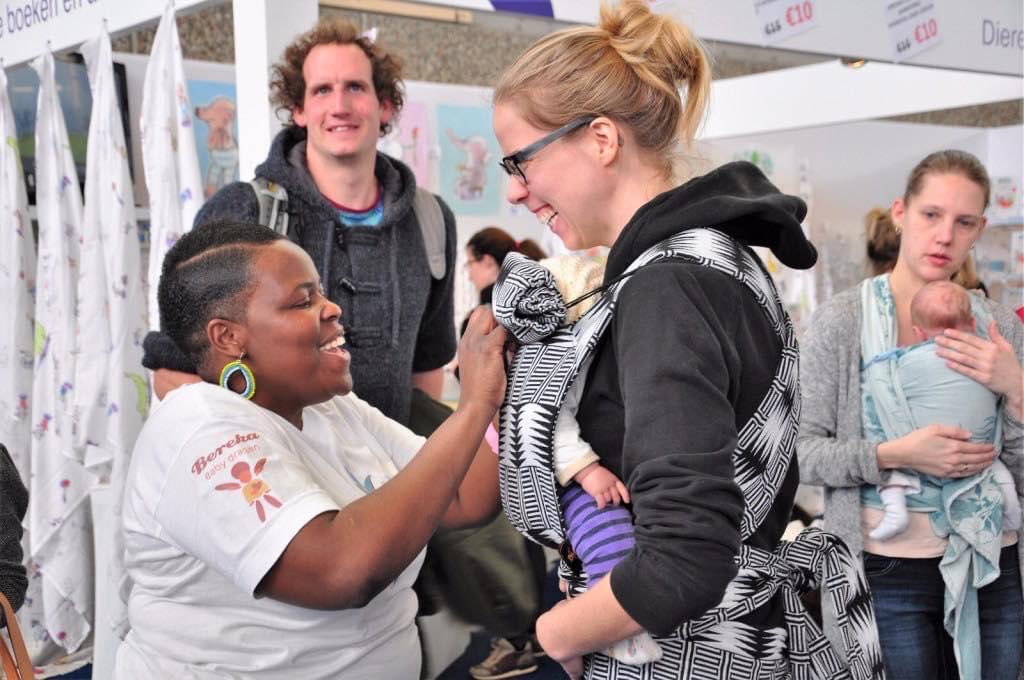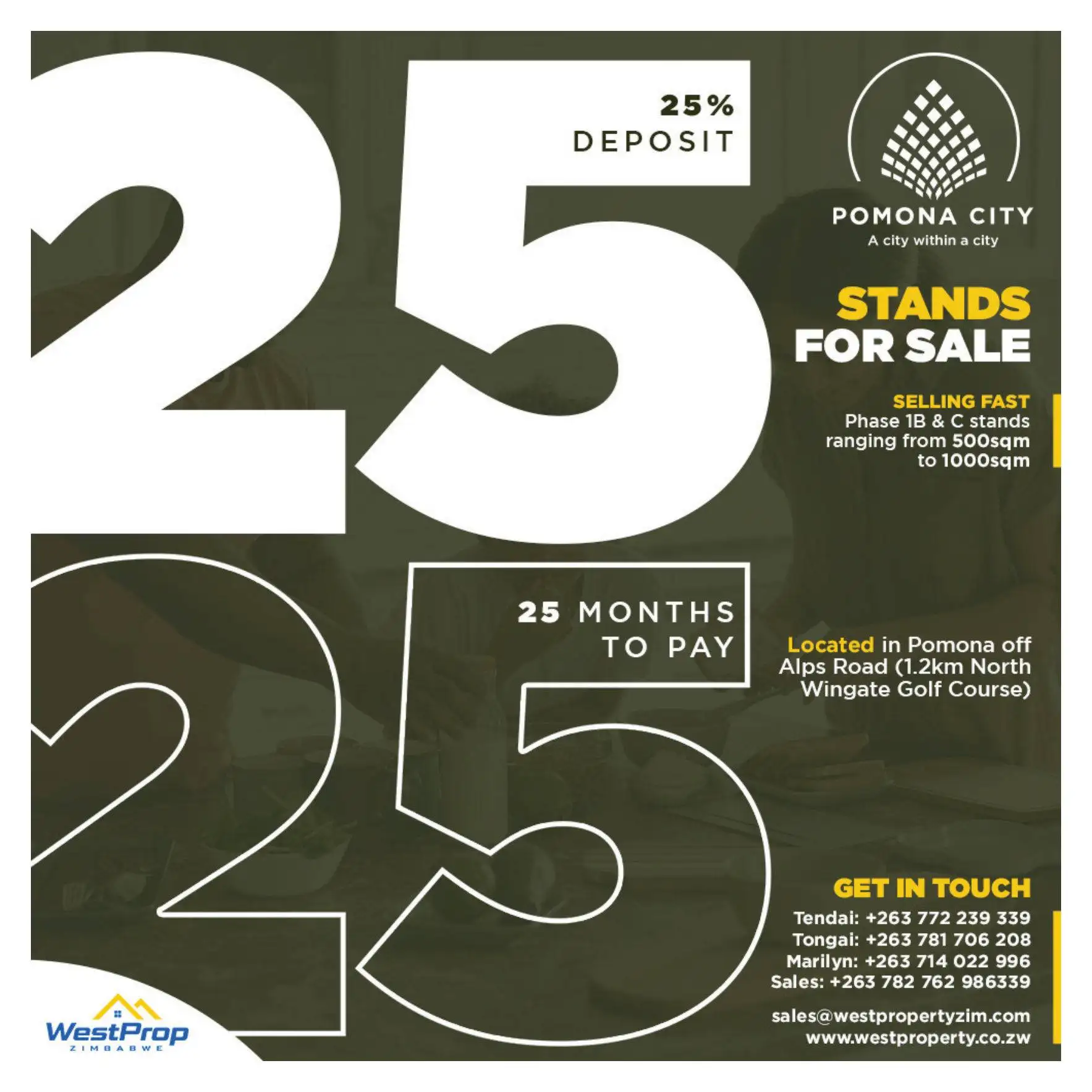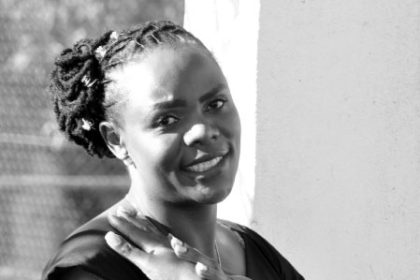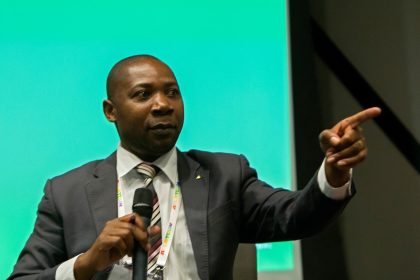Based in the Netherlands, Melissa Muchaneta Budding Vandira, is the founder of Bereka, a company that began with a Zimbabwean inspired baby carrying sling and then evolved to include mother and baby workouts and eventually a vibrant community. She is a true entrepreneur.
For her, starting a business was not about the money, or the potential status – the bravado of the title or the seduction of the hustle but simply by identifying a problem that needed fixing and then having the hutzpah to seek out a solution for herself and others. She did not sit back and complain or commiserate, she created.
To understand the genesis of her story, we need to go back about twenty years, to before she ever met her husband, before she became a mum of three, before she learnt Dutch or even set foot in the Netherlands. She grew up as a young girl in Harare and Chivi, Zimbabwe, and as the first born girl she was inevitably the third parent. She could often be found doing house chores and errands with her younger sister strapped to her back or resting on her hip, using a “mbereko” (baby sling). As this is a common cultural practice, Melissa never gave this custom much thought beyond its basic function. Until she herself was about to become a mum for the very first time.
Melissa was now living in the Netherlands, far away from home and her extended family. Perhaps it was the distance or the time away from her roots that led her down a path to reconciling her traditionally African approach to child rearing with the new modern European scientifically tested advice she was consistently receiving. In doing so she began to craft out a unique path for herself and her growing family.
Ever the entrepreneur she worked through this vital inquiry by experimenting and testing out her hypothesis. She explored accommodating conventional Western practice, using a pram, having the baby learn independence through sleeping separately etc. versus using her “mbereko” and cuddling with her baby. Studying the differences between African children and their European contemporaries. Melissa began to look at the mother-child bonding process and slowly uncovered the merits of the traditional, innate ways she was raised. She questioned whether European methods were actually superior or whether this was just part of postcolonial glorification of the West. A difficult question to definitively answer.

Conceivably, the clearest way to proceed was by comparing one of the earliest mother child interactions that is also one of the most significant differences between the two schools of thought: how babies are carried. Mbereko or baby carrying is practiced in cultures all over the world; it allows mothers to get on with their day without neglecting to provide the necessary attention and nurturing that infants require. It’s very similar to how many animals in the wild naturally care for their young. Melissa went on to find studies that supported this theory, suggesting that it improved breastfeeding and immunity building for the child as well as promoted bonding through the release of oxytocin and healing of the pelvic area for mums.
Melissa’s decision to adopt mbereko for her family quickly caught the attentions of other mothers in her local area and one by one people started to request that she make one for them. Soon after she discovered a few other parents who shared her conviction, but only used their baby slings in the privacy of their homes. So before long, she convinced her peers to go public and promote the use of mbereko. This sparked a continuous conversation around raising children and ensuring that both mothers and fathers got to bond with their infants.
As the orders for the baby slings continued to come in, Melissa became more dynamic in her use of different fabrics, expressing different styles while always maintaining the same attention to detail and fit. Each bereka is handmade and custom fit to the exact specifications of the wearer.

Today, Bereka is so much more than just a baby sling. It is an engaged community of conscious parents creating a movement towards improving the quality of life of new babies and their parents. And what begun as an attempt to hold on to a few lessons from childhood morphed into a vehicle to bring the greatest parts of her homeland to her new home.
In her own words, “[homeland] means everything to me: my roots, my base. That’s where I would have preferred to raise my children, especially in the rural areas I would have really wanted my children to grow up there. Not to experience the hard way, but if we lived there in the rural areas with all basic facilities that we would need as human beings we would be much healthier than we are right now. If you look at my youtube channel, I[…] talk about how the rural life in Africa or the African way of living has contributed to the person I am right now and how much confidence I have. It depends on how we view life really, and it depends on how western life has contributed to our thoughts of today and how the education did as well. So homeland to me is the base, it’s the love [and] the bonding I got from my parents and yes I wish I was there right now.”
ofafricamag.com







